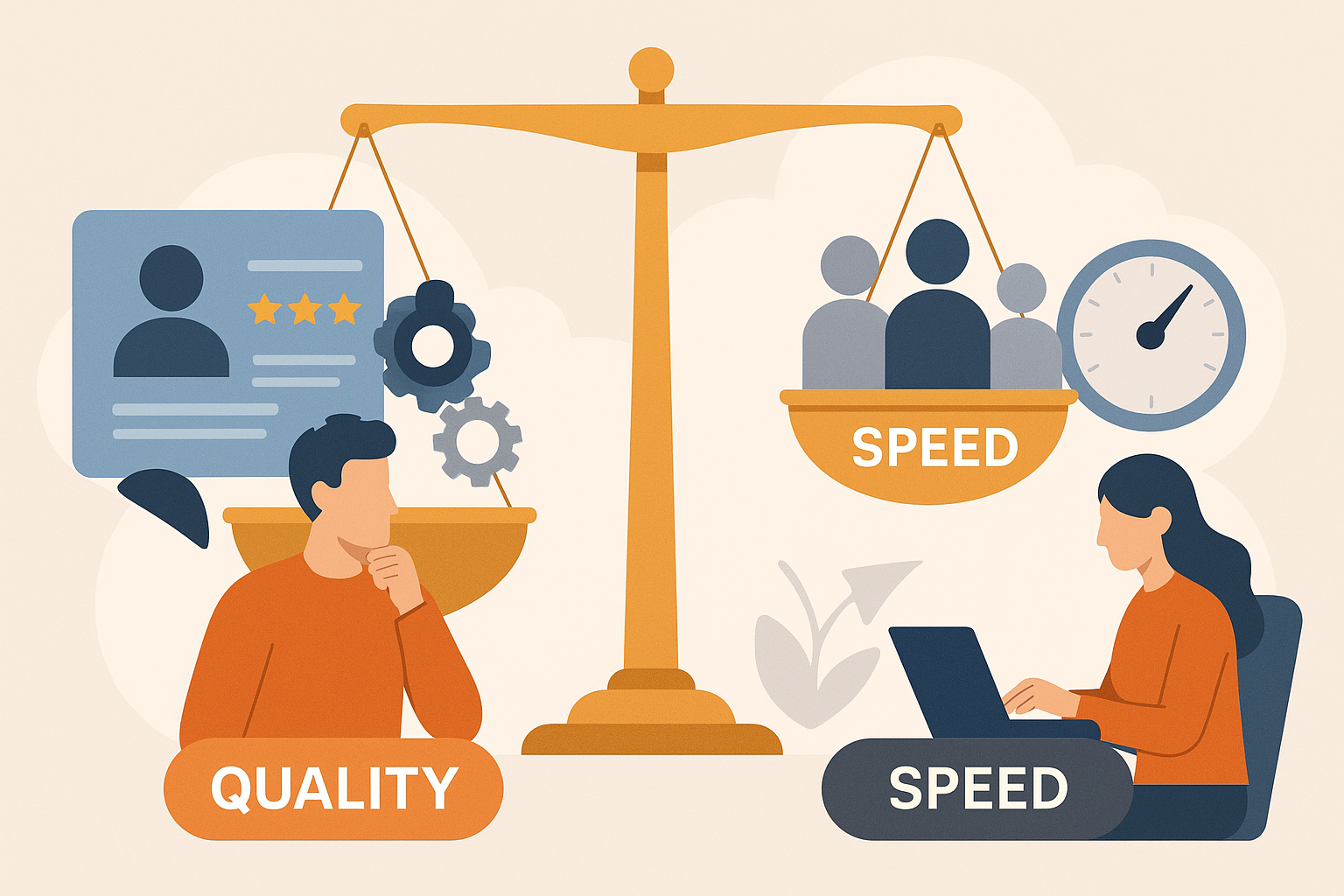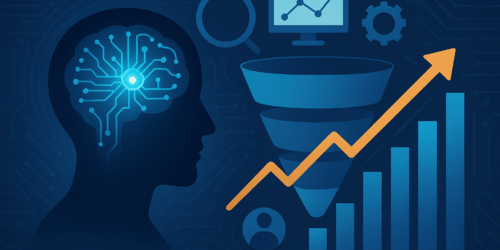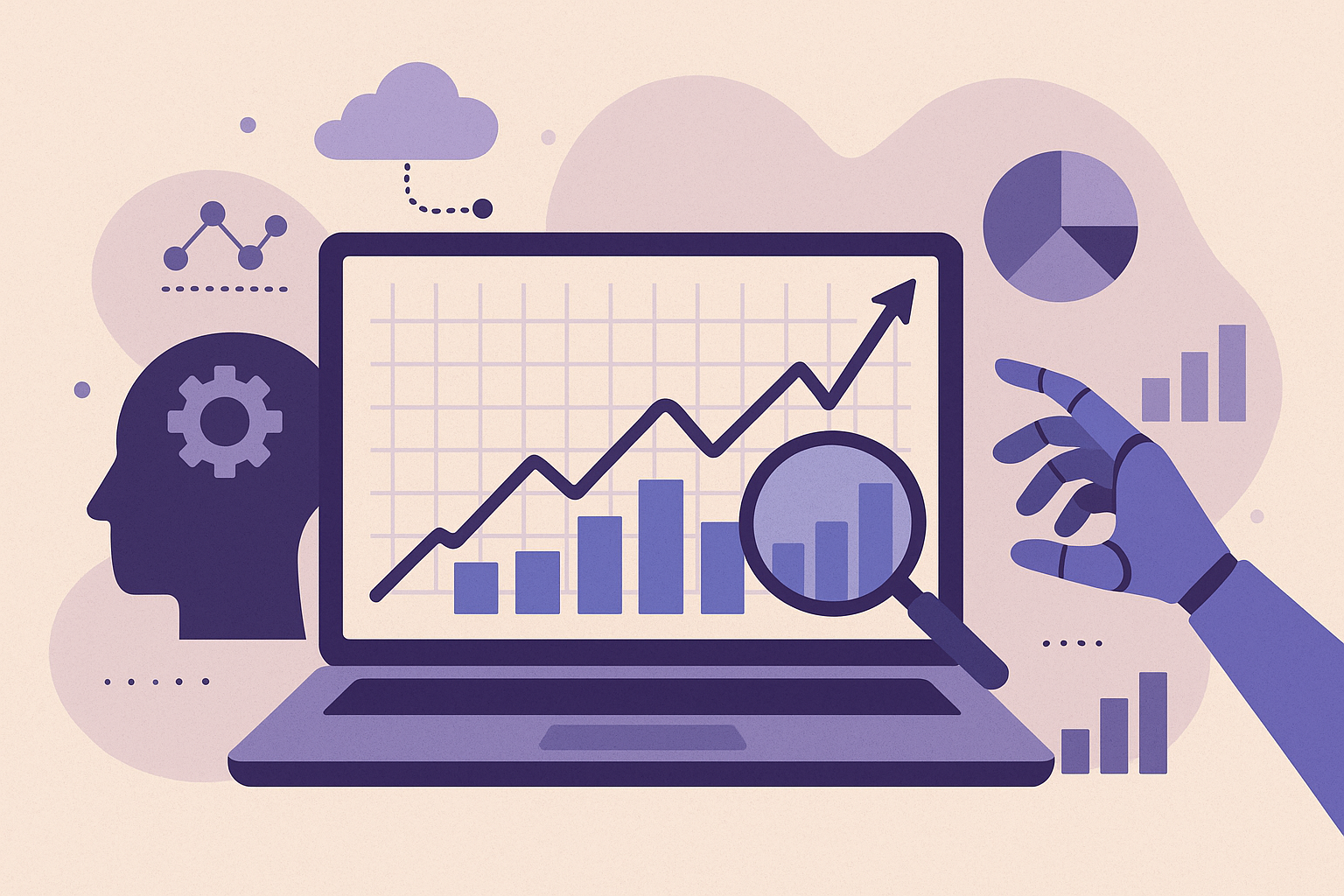What's in this article?
In the ever-evolving landscape of sales, companies are continually exploring advanced technologies to boost their performance. Artificial Intelligence (AI) has emerged as a transformative tool, revolutionizing sales processes with unparalleled accuracy and efficiency. This article delves into the impact of AI on sales, highlighting its ability to enhance predictive accuracy, streamline operations, and ultimately drive significant improvements in business performance.
The Role of AI in Transforming Sales
Enhancing Predictive Accuracy
AI’s most significant contribution to sales is its ability to enhance predictive accuracy. By leveraging complex algorithms and vast datasets, AI systems analyze ever-changing customer behaviors and market patterns to forecast sales outcomes. This shift from intuition-based decision-making to data-driven insights allows sales teams to better strategize and allocate resources. AI-driven technologies such as predictive lead scoring help identify high-potential prospects, allowing sales teams to focus their efforts on leads most likely to convert.
Streamlining Sales Processes
AI also plays a crucial role in streamlining sales processes. By automating routine tasks such as data entry and customer follow-ups, AI frees up time for sales representatives to focus on high-value activities like building client relationships and closing deals. Tools like AI-powered Customer Relationship Management (CRM) integrations enable seamless data flow and enhance team productivity by ensuring information is accurate and readily accessible.
Key Components of AI in Sales
Predictive Scoring
Predictive scoring is an AI-driven approach that evaluates prospective leads based on past interactions and data patterns. This scoring helps sales teams prioritize their efforts, focusing on leads with the highest conversion potential. The implementation of predictive scoring is essential in minimizing the time and resources spent on leads that are unlikely to result in sales.
AI-driven Lead Assignment
Another critical component is AI-driven lead assignment, where AI algorithms analyze team performance metrics and lead data to pair each lead with the most suitable sales representative. This approach increases conversion rates and customer satisfaction by ensuring a personalized sales experience. By assigning the right lead to the right representative, AI enhances the likelihood of conversion and fosters more meaningful customer interactions.
Implementing AI-Driven Strategies
Best Practices for AI Adoption
For organizations looking to integrate AI into their sales strategy, there are best practices that ensure successful implementation. Seamless integration with existing CRM systems is vital for maximum efficiency, enabling real-time data synchronization and insight-driven actions. Furthermore, it’s crucial to continuously monitor and adjust AI models to reflect changing market conditions and internal processes, ensuring that AI strategies remain aligned with business objectives.
Overcoming Implementation Challenges
While the benefits of AI are significant, organizations often face challenges during implementation. Shifting to an AI-powered approach requires a cultural change within the organization. Sales teams need to be trained to interpret AI insights and align these with the company’s business goals. Ensuring that AI strategies complement human expertise, rather than overshadow it, is crucial for successful adoption.
Measuring the Impact of AI on Sales
Key Metrics for Success
To gauge the effectiveness of AI in sales, organizations should focus on specific key performance indicators (KPIs), including increased conversion rates and efficiency gains. Monitoring the reduction in manual tasks and the boost in productivity through automated processes provides valuable insights into AI’s impact on operational efficiency.
ROI Evaluation
Evaluating the return on investment (ROI) of AI implementations is critical. Compare performance metrics before and after AI adoption to understand its tangible impact. Consider improvements in revenue, cost savings, and efficiency gains as part of the ROI analysis.
A Logical Next Step
As AI continues to shape the future of sales, companies that effectively harness its capabilities will enjoy a competitive edge. Implementing AI-driven sales strategies offers organizations the opportunity to increase accuracy and efficiency, ultimately improving business performance.
Ready to witness transformative AI in action? Explore how AI can revolutionize your sales process and drive results by scheduling a demo with ProPair today.
FAQ
- How does AI improve sales forecasting?
AI improves forecasting by analyzing vast datasets and identifying trends, resulting in more accurate predictions of sales outcomes. - What is predictive lead scoring?
Predictive lead scoring uses AI to evaluate potential leads based on past interactions and data patterns, helping prioritize high-potential prospects. - How does AI-driven lead assignment benefit sales teams?
It pairs leads with the most suitable sales representatives based on performance metrics, increasing conversion rates and customer satisfaction. - What challenges do companies face when implementing AI in sales?
Common challenges include organizational resistance to change, the need for cultural shifts, and aligning AI strategies with business objectives. - Can AI increase operational efficiency in sales?
Yes, by automating routine tasks, AI frees up sales representatives to engage in high-value activities, boosting overall efficiency.



